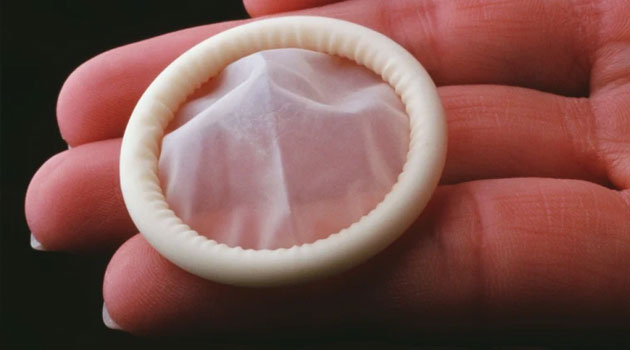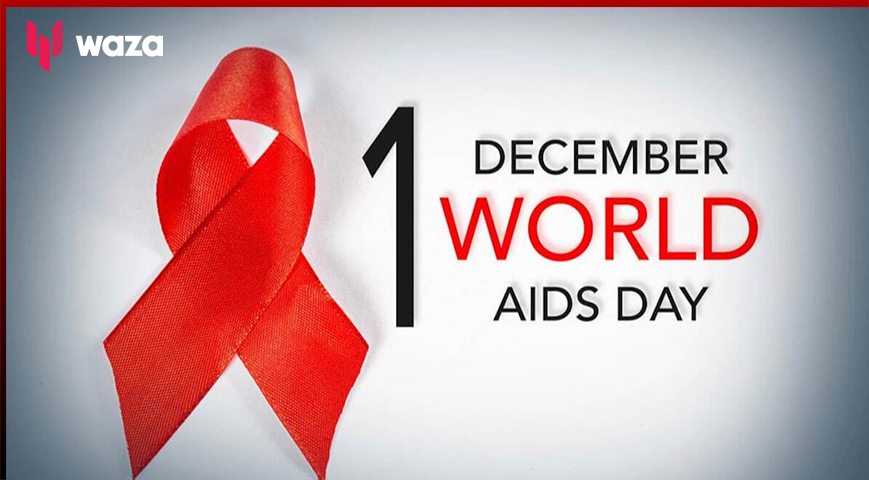For a long time, condoms have been one of the best methods to stop the spread of HIV. They are essential in preventing unplanned pregnancies if and when used appropriately and regularly.

According to Kenya's 2022 Demographic and Health Survey (KDHS), condoms are a common form of contraception and HIV prevention. Between the ages of 15 and 24, 84% of men and 79% of women are aware of using condoms to prevent HIV. At 20%, the condom is the most used method of birth control among single women of reproductive age.
The uptake and usage of condoms are influenced by societal dynamics on many levels, from the individual to the institutional. Women are less likely to use condoms than men, according to the 2022 KDHS, raising doubts about the causes of these statistics.
According to reports, some women are unwilling to demand condoms because of sociocultural barriers and their fear of experiencing domestic violence. To address this situation, we must work to create a secure climate where women may demand and discuss safer sex with their partners without feeling threatened.

Condoms are known to be effective when used appropriately and regularly. Still, many myths and misconceptions about them lead to inconsistent use, which lessens their effectiveness in preventing STIs, HIV, and unplanned pregnancies.
It is evident that dispelling these myths and false beliefs with accurate information encourages more people to adopt and use condoms. It is one of the reasons DSW Kenya and Bayer collaborated to create lifeyangu.com. This website provides accurate and approachable information about contraceptive options, including condoms, to young people aged 18 to 24.
Sensitizations about risky conduct that affect condom use must be a priority in addition to factual information. The importance of individual accountability for condom use that is reliable and appropriate should have preference. Studies
have demonstrated how drinking and using drugs can skew judgment and encourage unprotected sex. Engaging in several unprotected sexual interactions increases the chance of infection and unplanned pregnancy.
With the availability of the goods, this is possible. In response to recent concerns about scarcity, Health Cabinet Secretary Susan Nakhumicha reassured the nation that condoms are now in counties. She also mentioned that the supply chain management processes in streamlining will help ensure that these commodities are accessible to those who need them and readily available.

We will be better able to promote safer sex if we remove these obstacles to condom use. As a result, this will aid in the decline of HIV infections and unplanned pregnancies (which, according to PMA Kenya, will reach 37% in 2020). (with a prevalence of 4.0 in 2021, according to UNAIDS).
It will make it easier for young people and women, who are more likely to contract HIV and have unwanted pregnancies, to safeguard their sexual health.
Samba is the Deutsche Stiftung Weltbevoelkerung's country director for Kenya (DSW)











